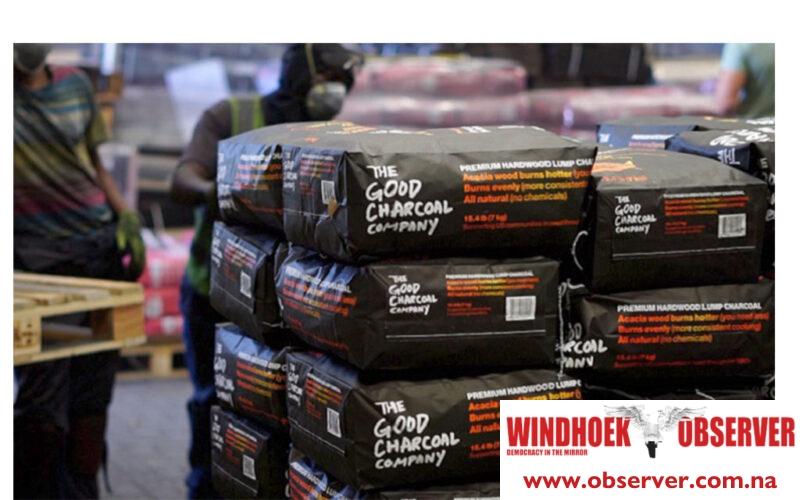CHAMWE KAIRA
The European Union (EU)’s Deforestation Regulation to be effective as of 1 January 2025, is a big threat to Namibia’s beef and charcoal exports, the Namibian Agriculture Union has warned.
The expansion of agricultural land is seen as the main driver behind deforestation, desertification and a loss of biodiversity. It is linked to the production of commodities such as cattle, wood, cocoa, soya, palm oil, coffee, rubber, and some of their derivative products, such as leather, chocolate, tires or furniture.
The NAU said the EU is a major economy and consumer of commodities linked to these negative practices and they feel partly responsible for the problem. The EU statistics state that 8% of Namibia is covered by forests and that the country has experienced a 17% decline in these areas over the past 20 years. In addition, Namibia exported N$51 million worth of charcoal and N$40 million worth of beef to the EU in 2023.
“This puts Namibia on the EU’s radar. Namibia is currently classified as a standard risk by the EU, and Namibia will seek to be recognised as a low-risk country in the future,” the NAU said.
The impact on the Namibian beef industry is that operators exporting beef to the EU must carry out due diligence before they can apply for the exports, the union said.
“This investigation entails that operators must provide certain evidence that the product comes from places that apply correct environmental practices from the place of origin of the animals to where they are slaughtered,” the union said.
The Livestock and Livestock Products Board (LLPB) of Namibia is closely examining all the criteria and what information a producer will have to provide to the relevant operators to enable the latter to comply with the EU requirements.
The NAU added that a national system is being looked at to be able to collect the information in the most effective way.
There are still several issues that need to be ironed out among the relevant line ministries, but they are receiving attention. The Charcoal Association of Namibia (CAoN) has already done considerable work because the charcoal industry is also strongly affected by this regulation.
The NAU said the immediate next steps involve the LLPB drafting a comprehensive questionnaire that encompasses all necessary criteria in accordance with EU regulations.




